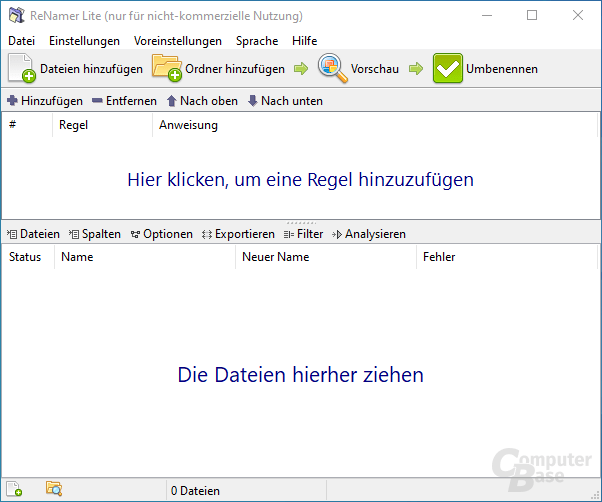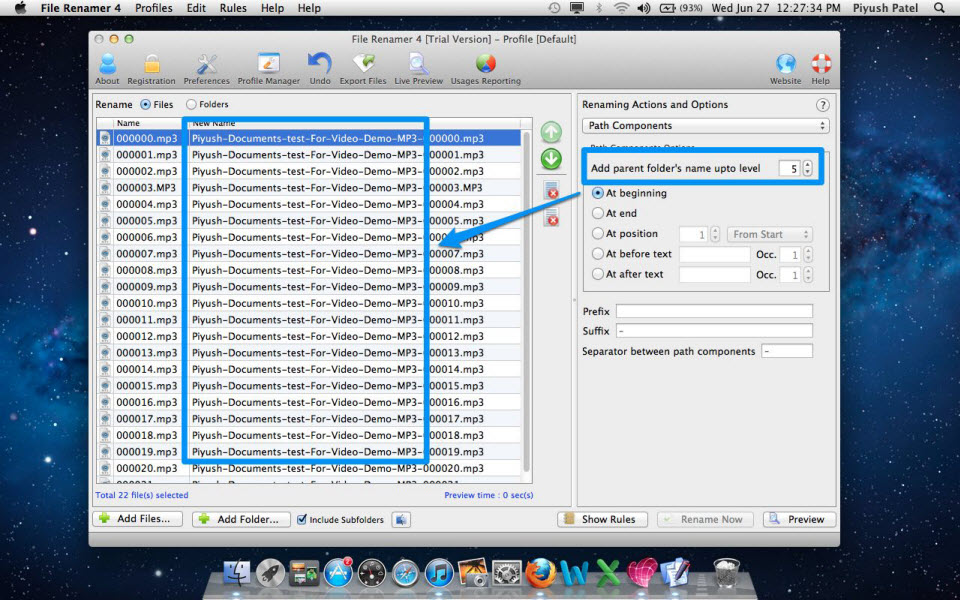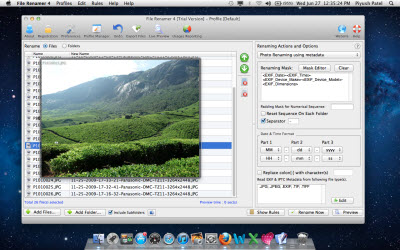

Are you new to MP3 tagging?ĭon't worry TigoTago has a clean interface and minimalist design, which helps you understand the tool in a better way. In addition to this, the different supported formats are AAC, MP3, FLAC, AVI, WMV, OGG, and others. Apart from editing tags, this editor also supports lossless conversion between different file formats, for instance, FLAC, WAV, MP4, APE. This MP3tag editor is famous for Windows because of its unique and modern interface. For this section of the article, we will focus on sharing music tag editors for Windows. It doesn’t matter whether you are a Windows or Mac user you can use the best editors everywhere. 5 Best MP3 Tag Editor for Windowsįor editing the MP3 tags, the device doesn't matter. Now type m4a in the Find field and m4b in the Replace with field, then click Rename.02 5 Best MP3 Tag Editor for Mac Users Part 1.

Right-click on one of the tracks, then click on the Show in Windows Explorer command on a PC or Show in Finder on a Mac.Īfter you locate the files, click the View tab in File Explorer and check the box next to File name extensions so you can manually change the file extensions. If you're not sure where to find these files, click on one of the imported discs in iTunes or the Music app. If you're going the manual route, open File Explorer in Windows or Finder in macOS and search for the audiobook. You can do this manually or automatically with a file renamer. In order for your computer to treat these tracks as audiobooks, you must change the extensions from m4a to m4b. Otherwise, you'll need to change the extensions and import the folder for your CDs to the Audiobooks section in iTunes or the Books app on your Catalina Mac. You can stop here if you're fine with this. As a result, the imported CDs are given the wrong extension and appear in your Music library instead of your audiobooks library. ITunes and the Music app treat all imported CDs as music CDs. How to Set Up Two-Factor Authentication.How to Record the Screen on Your Windows PC or Mac.



 0 kommentar(er)
0 kommentar(er)
